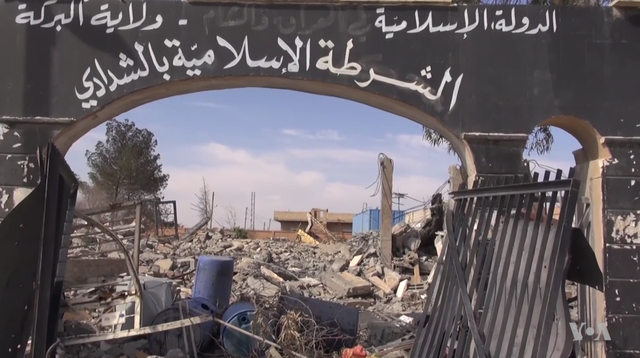A suicide bombing in Kabul on Monday claimed the lives of at least six people and injured thirteen others. The Islamic State's local affiliate, known as ISIS-K, has claimed responsibility for the attack, framing it as retaliation against the Taliban's recent reactivation of the notorious Bagram detention facility.
The explosion occurred in the Qala Bakhtiar neighborhood of Kabul, an area frequented by civilians. Khalid Zadran, spokesperson for the Kabul police chief, confirmed that all casualties were civilians, including one woman. The bomber reportedly concealed explosives on their body before detonating them among the crowd.
ISIS-K's claim, communicated through a Telegram post, cited the revival of the Bagram prison as the primary motive. The group accused the Taliban of reinstating a facility associated with abusive practices from the American-led war era. The statement referred to the Bagram base as "notorious," recalling its past as a CIA-operated black site where detainees were subjected to severe mistreatment-a situation later acknowledged as torture by President Barack Obama.
The reactivation of Bagram prison has been a contentious issue. Mohammad Yusuf Mestari, the Acting Head of Prison Administration under the Taliban, announced over the weekend that the facility was being reactivated after years of dormancy. While details about the transferred prisoners remain undisclosed, the facility's renewed operation has sparked significant concern among both international observers and local factions.
Monday's attack underscores the deepening conflict between ISIS-K and the Taliban. Despite their shared Sunni ideology, the two groups diverge significantly in their objectives and methods. ISIS-K, with its origins in the broader Islamic State network, has positioned itself as an insurgent force against the Taliban's rule, targeting civilians, minorities, and Taliban personnel alike.
In contrast, the Taliban, which regained control of Afghanistan in August 2021 following the U.S. withdrawal, had initially promised increased security and stability. However, their efforts to consolidate power have been continually disrupted by ISIS-K's persistent insurgency. The Taliban's struggles to suppress ISIS-K's activities have been a source of frustration and concern both within Afghanistan and internationally.
The timing of the Kabul bombing-coinciding with the Taliban's reactivation of Bagram-has added a layer of complexity to the situation. The Taliban's move to reopen a facility with such a controversial past has provoked backlash from various factions, including ISIS-K, which appears to be exploiting the situation to bolster its own narrative and recruit support.
The attack is part of a broader pattern of violence that has plagued Afghanistan in recent years. Previous high-profile attacks by ISIS-K include the August 2021 suicide bombing at Kabul's international airport and the September 2022 assault on the Russian embassy in Kabul. These incidents have highlighted the persistent instability in the country despite the Taliban's efforts to restore order.
The Taliban's response to the current attack remains unclear. The interior ministry has not yet issued a statement addressing ISIS-K's claim or the implications of the Bagram prison reactivation. However, the ongoing violence and the resurgence of extremist groups signal that the Taliban's grip on the country is far from secure.






